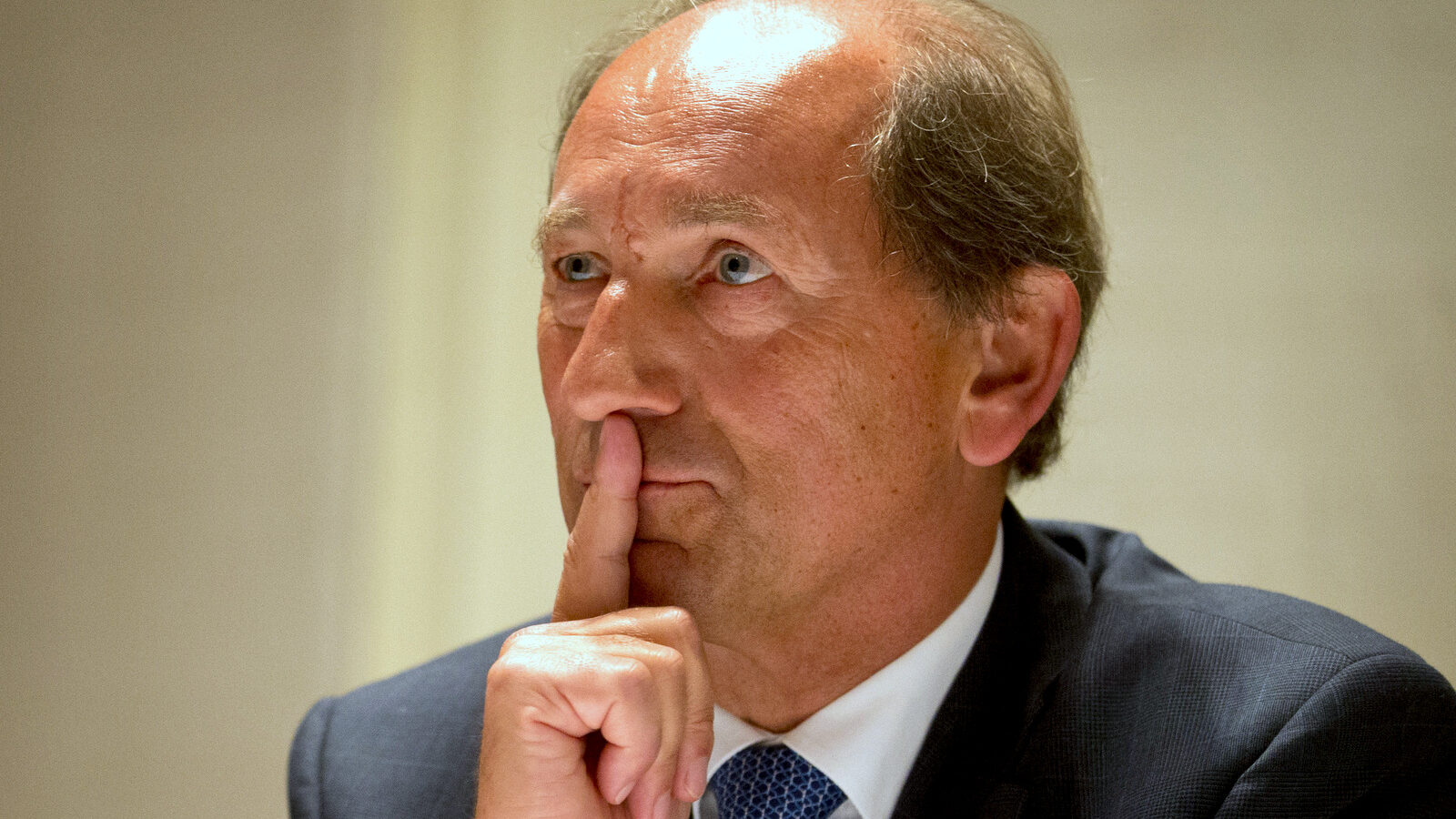
AUSTIN, Texas — Nestlé’s political influence in the United States is backed by a generous war chest which funds the often controversial company’s efforts to lobby against the types of trade, labor, and environmental regulations which might impede its profits.
The Swiss multinational has been accused of using slave labor in the seafood and cocoa trades, and environmental activists have targeted Nestlé for harnessing scarce natural resources in the production of bottled water from California to Canada.
And a closer look at Nestlé’s political spending suggests that it’s working to prevent increased regulation in these profitable industries.
Nestlé S.A., which is based in Switzerland, spent $1.31 million on lobbying in the United States in 2016, according to data from the Senate Office of Public Records published on Aug. 9 by OpenSecrets, a project of the Center For Responsive Politics. Of that total, $1.21 million was spent directly by in-house lobbying firm Nestlé USA, while the remaining $100,000 was spent by lobbyists hired by other political action committees representing Nestlé Waters North America and Nestlé Purina PetCare.

It is, however, the least the company has spent on lobbying in recent years. It spent $3.13 million last year, $2.02 million in 2014, and a whopping $4.8 million in 2013.
Unsurprisingly, the top issues for Nestlé lobbyists include the food industry, labor, antitrust and workplace, agriculture, trade, and the environment. In one example of this year’s lobbying, Nestlé reported spending about $100,000 in the first quarter of the year to lobby Congress over food safety issues and regulations concerning cocoa produced in West Africa.
So far in 2016, Nestlé’s spent about $60,000 lobbying Congress about environmental issues relating to the production of bottled water, filed in two separate lobbying reports.
Even amid an historic drought, Nestlé is earning millions by bottling water from the San Bernardino National Forest in Southern California. On Sept. 20, a federal judge ruled that the company can keep bottling the water under the terms of a permit granted by the National Forest Service which expired in 1988.
Reports filed by the Connecticut-based Nestlé Waters North America PAC show that it has been targeting members of key congressional committees this year. Jim Himes, a Democratic representative from Connecticut who sits on the House Financial Services Committee’s subcommittee on monetary policy and trade, received $2,000 from Nestlé Waters North America. Paul Cook, a Republican representative from California who sits on the House Natural Resources Committee’s subcommittee for energy and mineral resources, accepted $1,000 from the PAC. Over in the Senate, Richard Blumenthal, a Republican from Connecticut who sits on numerous subcommittees overseeing issues like trade and consumer protection, took $1,246 in donations this year.
In all, Nestlé Waters North America donated to 16 representatives and eight senators, with spending roughly split between Republicans and Democrats.
Due to Nestlé’s membership in the American Legislative Exchange Council, a corporate lobbying think tank which writes model legislation that is later introduced by ALEC-sponsored state legislators, the company’s political power in state politics may be even greater but harder to measure. Since its founding in 1973, ALEC has authored dozens of model bills that seek to create labor and consumer safety and environmental and agricultural laws more favorable to corporate bottom lines.


